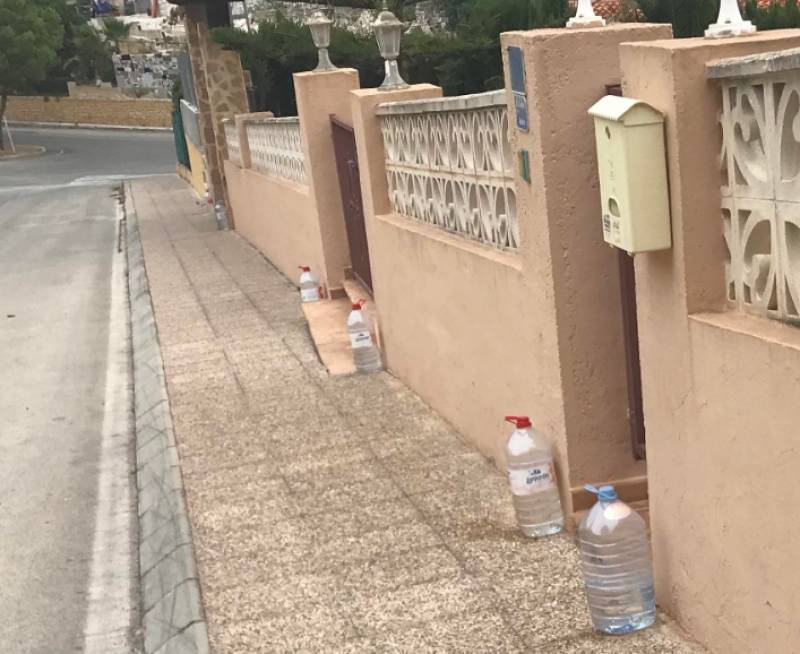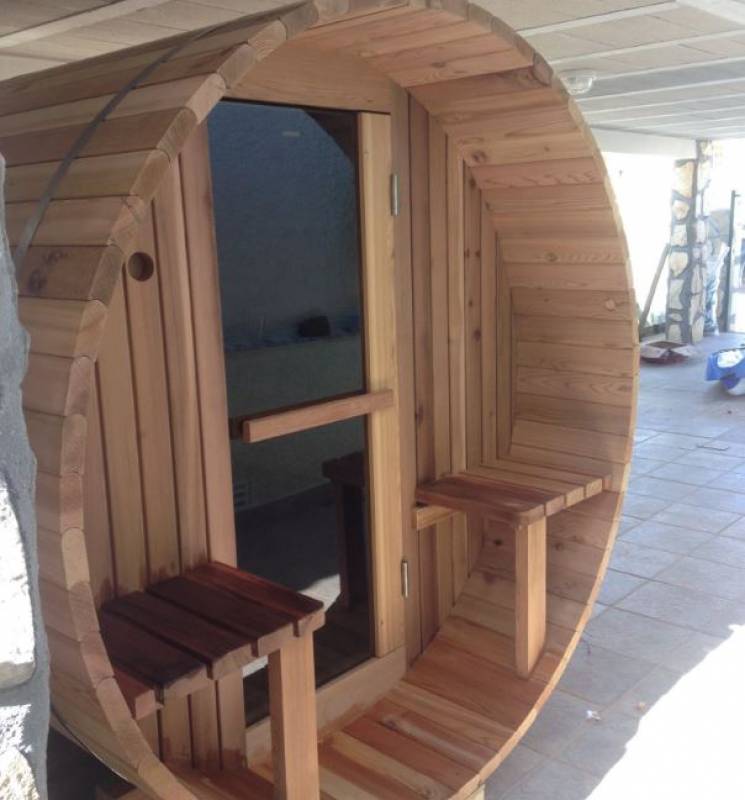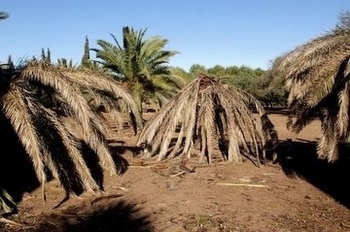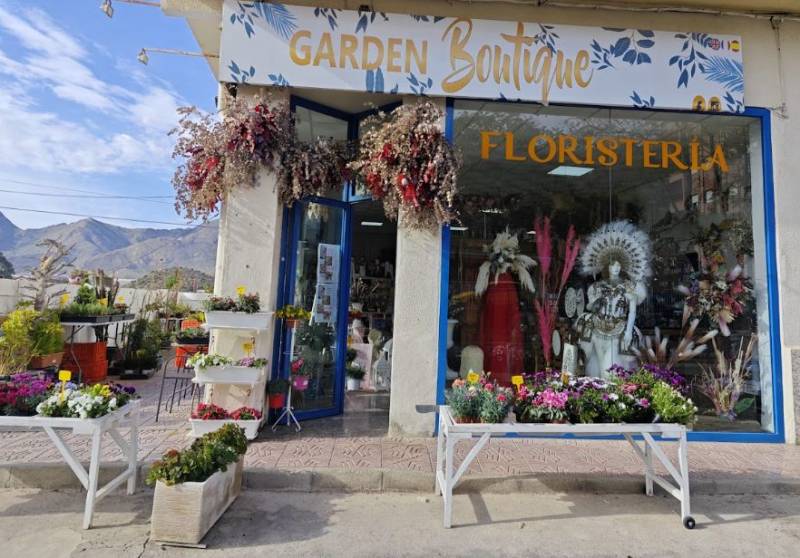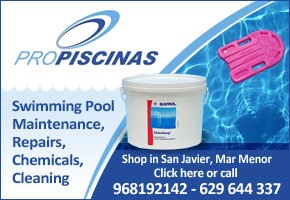

- EDITIONS:
 Spanish News Today
Spanish News Today
 Murcia Today
Murcia Today
 Alicante Today
Alicante Today
Date Published: 30/05/2022
Legionella: The dangerous bacteria lurking in heated pools, jacuzzis and whirlpools in Spain
The bacteria, which can cause Legionnaire’s disease, breeds in warm damp places like jacuzzis if they haven’t been used for a couple of weeks
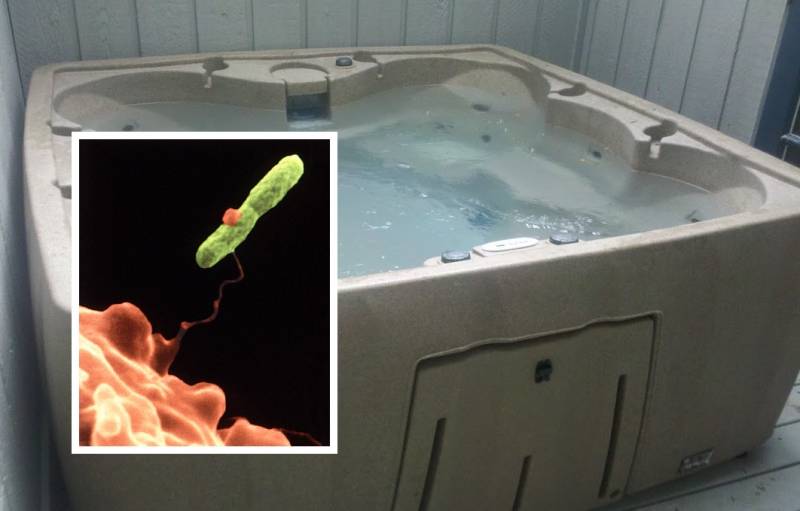
Every year, the heat arrives earlier and earlier in Spain, and with it the pressing desire to dive into a swimming pool or strip off and climb into a jacuzzi or hot tub.
But wait! It’s very important to clean your pool or jacuzzi before using it, not only by checking the filters and the purification units, but also by taking measures against harmful bacteria that are dangerous to health, such as Legionella.
Legionella is a dangerous little pathogen that causes the pneumonia-type illness Legionnaires’ disease, as well as other conditions like Pontiac fever. For most people these diseases are non-lethal, but it can be especially dangerous for immunocompromised people, people with lung problems and elderly people, and requires a course of antibiotics to cure.
In fact, in 2012 three British tourists died from an outbreak of Legionella in Calpe, Alicante, which goes to show why it’s so important to prevent the spread of this disease as soon as possible.
The bacterium Legionella loves heated swimming pools, whirlpools and jacuzzis because warm, stagnant water provides the ideal habitat for it to develop and reproduce.
Outbreaks of Legionella can occur in large, open swimming pools, but it is more commonly found in smaller, private pools where there is a water recirculation system that may have retention points in the circuit, as these are more likely to have higher temperatures and be more prone to retaining biofilm and organic materials.
So what can you do to prevent the growth of Legionella in your pool?
How to prevent and treat Legionella in water
- The first thing to do to stop Legionella from proliferating in your pool or water areas is to keep them very clean because dirt and organic matter can produce a biofilm which, when it goes into the water of the recirculation unit, serves as a nutrient for the bacteria and becomes a real risk factor in making it grow and multiply.
- Secondly, if the pool has been untouched and unused between one summer and the next, or if it has not been used for a period of at least fifteen days or more, you should clean and disinfect it with disinfectant products that are specifically designed for this purpose. These products include may disinfectants used in the public health sector, such as sodium or calcium hypochlorite, chlorine dioxide, chloramines, teichloroisocyanuric acid, biguanides, ozone or similar.
- If you do detect an outbreak of Legionella, you should immediately close the pool and not let anyone swim or bathe there until it has been fully cleaned and disinfected.
Images: Wikimedia commons
staff.inc.and
Loading
Contact Murcia Today: Editorial 000 000 000 /
Office 000 000 000













